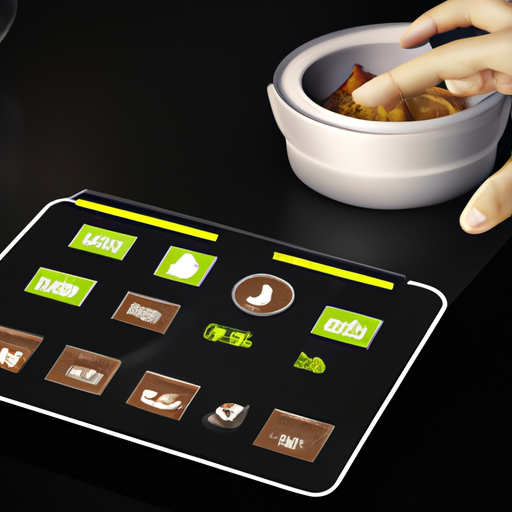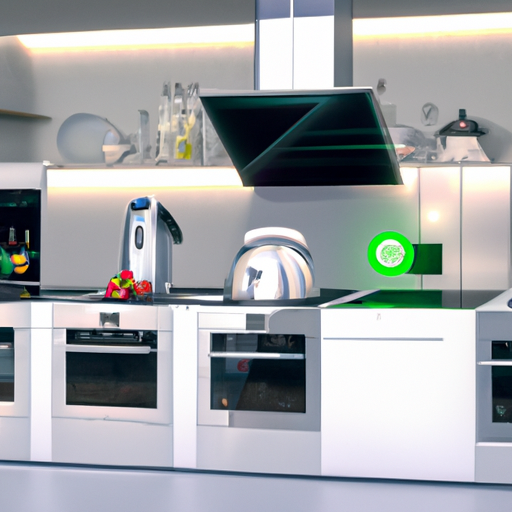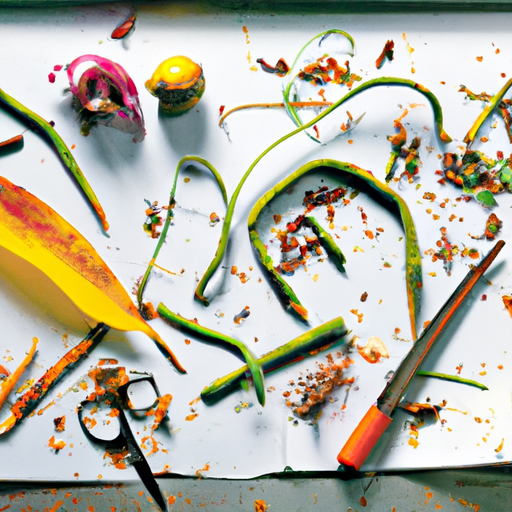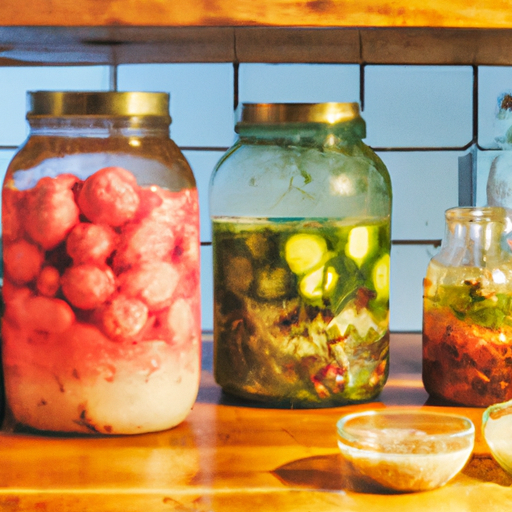Artificial intelligence is transforming home cooking with innovative smart appliances and digital assistants. These technologies are making complex cooking techniques more accessible while optimizing food preparation and reducing waste. The integration of AI in kitchens is creating new possibilities for both novice and experienced cooks.

The kitchen, long considered the heart of the home, is undergoing a technological revolution that's fundamentally changing how we approach cooking. Artificial intelligence and smart technology are introducing unprecedented levels of precision, efficiency, and creativity to home cooking, making professional-level techniques accessible to everyday cooks.
The Evolution of Smart Kitchen Technology
The journey from basic kitchen appliances to AI-powered cooking systems represents a dramatic leap in culinary technology. Today's smart kitchen devices go beyond simple automation, incorporating machine learning algorithms that can recognize ingredients, suggest recipes, and adapt cooking parameters in real-time. This evolution is creating a new paradigm in home cooking that combines traditional techniques with cutting-edge technology.
AI-Powered Appliances
Smart ovens now feature computer vision technology that can identify foods and automatically adjust cooking parameters for optimal results. These systems learn from user preferences and can even detect when food is about to overcook, preventing common kitchen disasters. Multi-function cooking devices use AI to maintain precise temperatures and timing, making complex techniques like sous-vide cooking accessible to home cooks.
Digital Culinary Assistants
AI-powered kitchen assistants are revolutionizing recipe execution and meal planning. These systems can analyze available ingredients, suggest recipes, and provide step-by-step guidance through complex cooking procedures. Voice-activated assistants help cooks maintain food safety by setting timers, converting measurements, and providing hands-free access to recipes while cooking.
Smart Storage and Inventory Management
Intelligent refrigerators and storage systems are transforming how we manage food inventory. These devices can track expiration dates, suggest recipes based on available ingredients, and even automatically generate shopping lists. Some systems use image recognition to identify items and monitor freshness, helping reduce food waste and improve meal planning efficiency.
Precision Cooking Technologies
AI-enhanced precision cooking tools are making professional techniques more accessible to home cooks. Smart induction cooktops can maintain exact temperatures for perfect searing or slow cooking, while intelligent pressure cookers can adjust cooking times and pressures based on ingredient volume and desired outcomes. These technologies remove much of the guesswork from complex cooking procedures.
Nutritional Optimization
Smart kitchen systems are increasingly incorporating nutritional analysis and optimization features. AI algorithms can suggest recipe modifications to meet specific dietary requirements while maintaining flavor profiles. These systems can also track nutritional intake over time and suggest meals that help achieve health goals.
Connected Cooking Experiences
The integration of IoT (Internet of Things) technology in kitchen appliances is creating new possibilities for connected cooking experiences. Devices can communicate with each other to coordinate meal preparation, while mobile apps provide remote monitoring and control capabilities. This connectivity extends to social features, allowing cooks to share recipes and techniques within digital communities.
Sustainability and Efficiency
AI-powered kitchen systems are contributing to more sustainable cooking practices. Smart appliances can optimize energy usage based on cooking needs, while waste reduction features help minimize food waste through better inventory management and portion control. These technologies are making it easier for home cooks to maintain environmentally conscious cooking practices.
The Learning Kitchen
Modern smart kitchen systems incorporate learning capabilities that adapt to individual cooking styles and preferences. These systems can analyze cooking patterns, suggest improvements, and even create personalized recipes based on past successes. This adaptive learning approach helps cooks develop their skills while expanding their culinary repertoire.
Challenges and Considerations
While smart kitchen technology offers numerous benefits, it also presents challenges. Privacy concerns regarding data collection and security need to be addressed, while the initial cost of smart appliances can be prohibitive for some consumers. Additionally, there's a learning curve associated with adopting these new technologies effectively.
The Future of Smart Cooking
The integration of AI in kitchen technology continues to evolve rapidly. Future developments may include more sophisticated ingredient recognition systems, advanced robotic cooking assistants, and enhanced integration with sustainable food systems. These innovations promise to make cooking more accessible, efficient, and enjoyable for cooks of all skill levels.
Impact on Culinary Education
Smart kitchen technology is also transforming how people learn to cook. Digital platforms can provide interactive cooking lessons, while AI systems offer real-time feedback and guidance. This technology-enhanced learning approach is making culinary education more accessible and engaging for home cooks.
As we move forward, the continued development of AI-powered kitchen technology promises to further revolutionize home cooking. These innovations are not replacing traditional cooking skills but rather enhancing them, creating new possibilities for creativity and efficiency in the kitchen. The smart kitchen revolution represents a significant step forward in the evolution of home cooking, making it easier than ever for people to prepare delicious, nutritious meals while developing their culinary skills.



